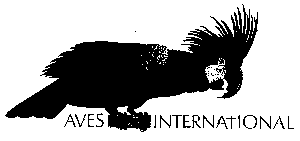 |
|
|
|
|
|
|
|
|
|
|
|
|
|
|
|
|
|
|
|
Main Page
|
(prices and availability) |
 |
 |
|
|
|
|
|
|
|
|
|
|
|
|
|
|
|
|
|
|
|
|
(prices and availability) |
 |
|
|
|